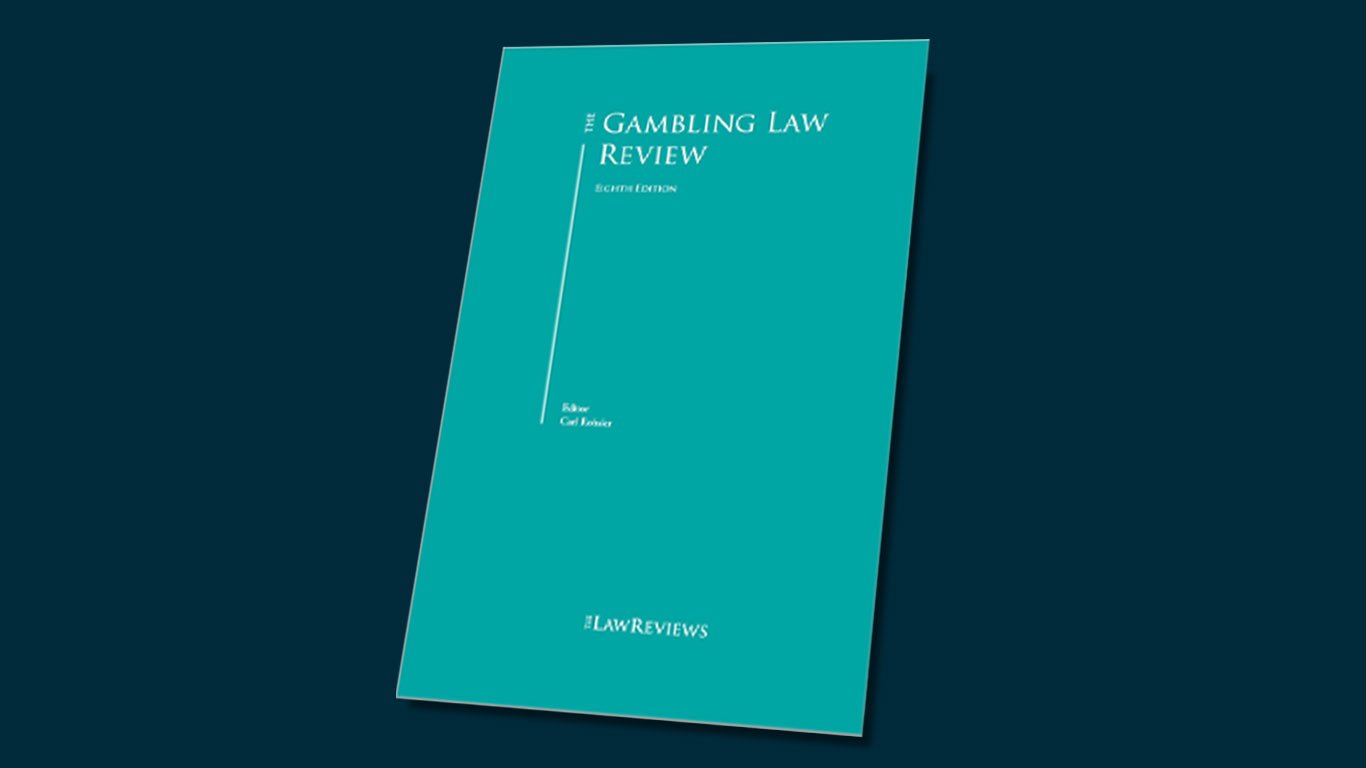
Unilever may keep its CIF trademarks in Norway, but is not allowed to use them
On 17 December 2021 the Borgarting Appellate Court ruled in the so-called JIF v CIF cases (LB-2020-80824 and LB-2020-81058). The court assessed what it takes to give necessary consent to the registration/use of trademarks, as well as whether the regulations to the Trademarks Act could be supplemented with non-statutory principles of passivity.
Background
The case concerned a type of scouring cream developed by Unilever in the mid-1960s, marketed as ‘Jif’ in Norway, and as ‘Cif’ in other countries. Unilever had cooperated with Lilleborg (now part of the conglomerate Orkla ASA) for several decades, and Lilleborg was given the rights to sell and market Jif products in Norway from the launch in the 1960s and onwards.
Unilever registered the trademark CIF in Norway in 1998, but did not use the trademark until 2018, when Unilever started selling products in the country.
A dispute arose between the parties regarding Unilever’s right to register and use CIF as a trademark, considering Lilleborg’s rights to JIF. Before the Appellate Court, it was established that the similarity between the marks amounted to a likelihood of confusion.
Decision
The court found that Lilleborg had obtained the exclusive right to use the JIF marks in Norway, upon registration in 1968 and subsequent registrations and use throughout the years. The fact that Unilever had developed the mark and used it in other countries was not decisive for Norway.
The next issue was whether Lilleborg had given its consent to the registration and use of the CIF marks. The court emphasised that the term ‘consent’ must be interpreted in accordance with EU trademark law and referred to Davidoff (Joined Cases C-414/99 and C-416/99),in which the Court of Justice of the European Union (CJEU) set out the requirement that consent must appear to be positive and unambiguous. However, the Appellate Court in JIF v CIF also concluded that an implied consent could not be given pursuant to Davidoff. This is likely to be incompatible with the directives provided by the CJEU. In contrast, in Davidoff the CJEU held that “consent must be so expressed that an intention to renounce those rights is unequivocally demonstrated”(Paragraph45). Moreover, it was stated (at Paragraph 47) that:
the consent of a trademark proprietor… may be implied, where it is to be inferred from facts and circumstances… which, in the view of the national court, unequivocally demonstrate that the proprietor has renounced his right to oppose placing of the goods on the market within the EEA.
Further, in this matter the consent requirement had to be considered in accordance with English contract law pursuant to agreements between the parties. According to the court, this was another reason to set out a strict consent requirement, which may also be questioned due to the principles of harmonisation under EU law.
On this basis, the court concluded that Lilleborg had not given Unilever the necessary consent to register and use of the CIF trademarks.
The court then moved on to assess whether Lilleborg had nevertheless lost its right to react against the CIF registrations and use due to passivity. Lilleborg became aware of Unilever’s CIF trademarks no later than 2009, and of Unilever’s use in 2018. However, Lilleborg first responded to both the registrations and use in 2018.
The Trademarks Act does not regulate the right holder’s passivity towards the registration of a later trademark. Thus, the court assessed whether trademark law may be supplemented by non-statutory principles of passivity in this regard.
The court answered this question in the affirmative, but only the majority of three judges concluded that Lilleborg had lost the right to protest against the registrations of the CIF trademarks, as it became aware of the registration no later than 2009, but only reacted upon Unilever’s use of the marks in 2018.
However, Lilleborg had not lost its right to react against the use of the CIF trademarks in 2018. Unilever thus kept it CIF marks, but their use would infringe the JIF marks.
This outcome leaves some unresolved questions, also from a practical point of view.
- Lilleborg had registered and acquired the rights to the JIF marks, without limitations
- No consent had been given by Lilleborg to Unilever’s registration and use of the CIF marks under trademark law
- Lilleborg lost its right to protest against Unilever’s registration of the CIF marks due to passivity, but not to react against their use
This article first appeared in WTR Daily, part of World Trademark Review, in April 2022. For further information, please go to www.worldtrademarkreview.com.




